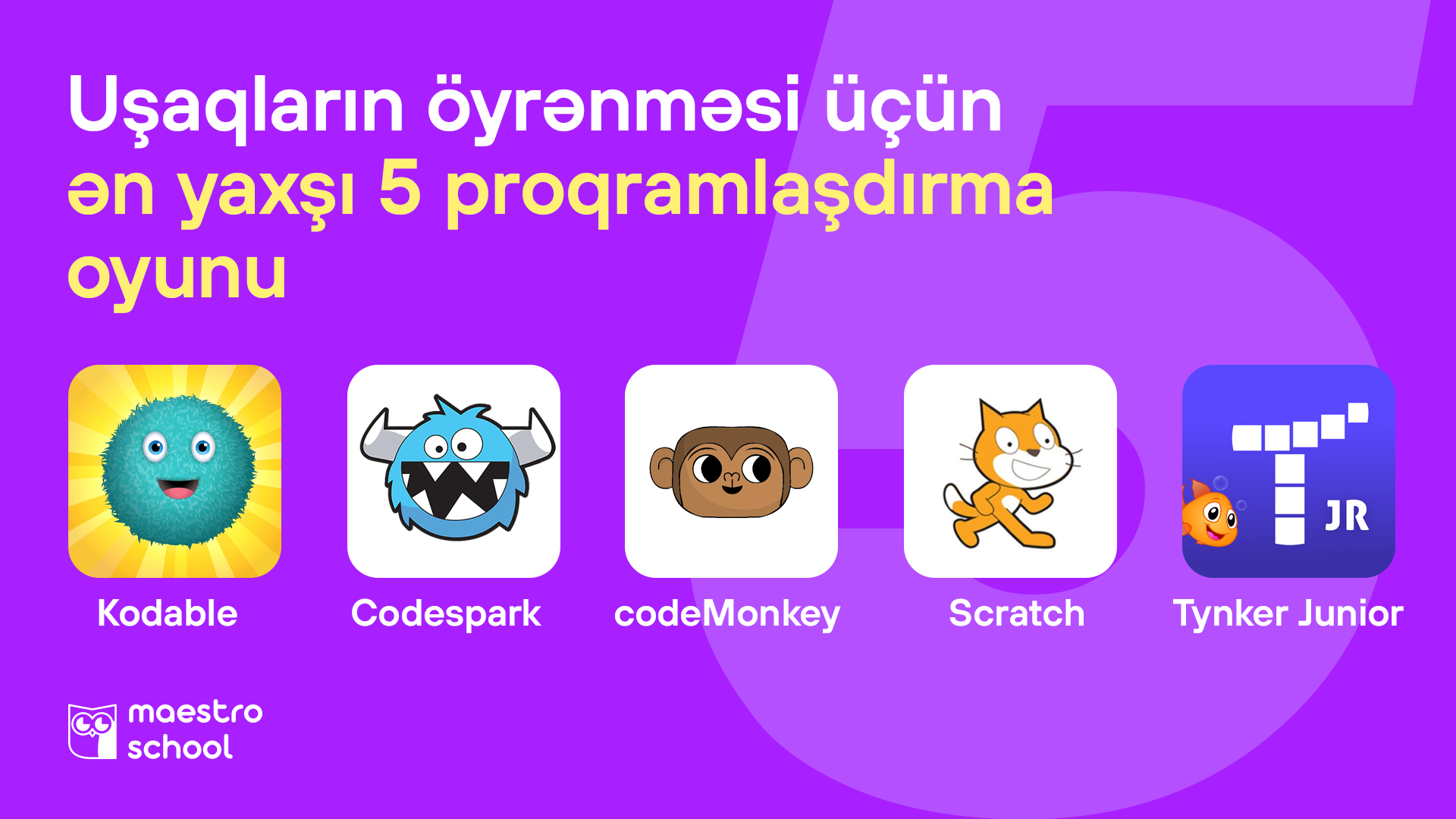News
5 Best Programming Games for Kids. Maestro School

5 Best Programming Games for Elementary School Kids
Introduction
In today's digital age, programming skills are becoming as fundamental as reading and writing. Introducing programming to elementary school children can set a foundation for future success in any career path. Programming games play a crucial role in this educational endeavor, as they not only teach basic coding principles but also enhance critical thinking, problem-solving skills, and creativity. These games make learning coding concepts enjoyable and engaging, transforming what might seem like daunting tasks into playful and educational activities. They offer young learners a unique opportunity to grasp complex ideas through interactive and fun experiences that foster a deeper understanding of technology and its workings.
Programming Games for Kids
The digital world offers a plethora of online programming games that are tailored to introduce children to the basics of coding. These games are designed to be not only fun but also highly educational, promoting problem-solving skills and logical thinking. They serve as excellent resources for parents and educators looking to integrate technology into learning environments in a way that is accessible and engaging for young learners.
1. Kodable
Kodable is a game that stands out by simplifying the complexities of coding for young children. It features a friendly and colorful interface where children learn to solve problems through fun puzzles that teach the fundamentals of programming logic. Each level in Kodable is carefully designed to introduce coding concepts gradually, ensuring that even the youngest learners can follow along and understand.
2. Tynker & Tynker Junior
Tynker is one of the leading platforms that offers a robust coding curriculum across a series of fun, interactive games. It allows children to learn programming at their own pace through themed courses and projects that cover everything from animations to game creation. Tynker Junior, specifically aimed at younger kids, uses visual code blocks to introduce children to the basics of programming, making it easier for them to transition to more advanced coding tasks as they grow.
3. CodeSpark
CodeSpark Academy uses storytelling and puzzles to teach the foundations of computer science. The game eliminates the need for reading, making it accessible for pre-readers and early readers alike. Its approach is centered around interactive play that teaches children logic, sequencing, and problem-solving skills, essential for programming.
4. CodeMonkey
CodeMonkey offers a unique experience by providing real coding challenges that teach children how to write actual code. Starting with simple coding tasks, the game progresses to more complex problems, all the while encouraging players to think and reason like a programmer. Its engaging narrative and character-driven quests make learning to code an exciting adventure.
5. Scratch Jr.
Scratch Jr is a simplified version of the popular Scratch programming language, tailored for younger audiences. In this game, kids can create their own interactive stories and games by organizing and snapping together coding blocks. Scratch Jr promotes creativity, systematic reasoning, and collaborative work—all through the lens of computational thinking.
Conclusion
Programming games are transforming the landscape of education by providing dynamic tools that inspire young learners to embrace technology. These games not only teach the technical skills needed to navigate the future but also develop critical thinking and problem-solving abilities. By incorporating these games into their educational routines, parents and educators can significantly enhance a child's ability to understand and interact with the technology that surrounds them. As technology continues to evolve, the skills learned from these programming games will become invaluable, equipping children with the knowledge and confidence to tackle any technological challenge or opportunity that comes their way.

"Hello, world!" it`s time to code!
Maestro Company
